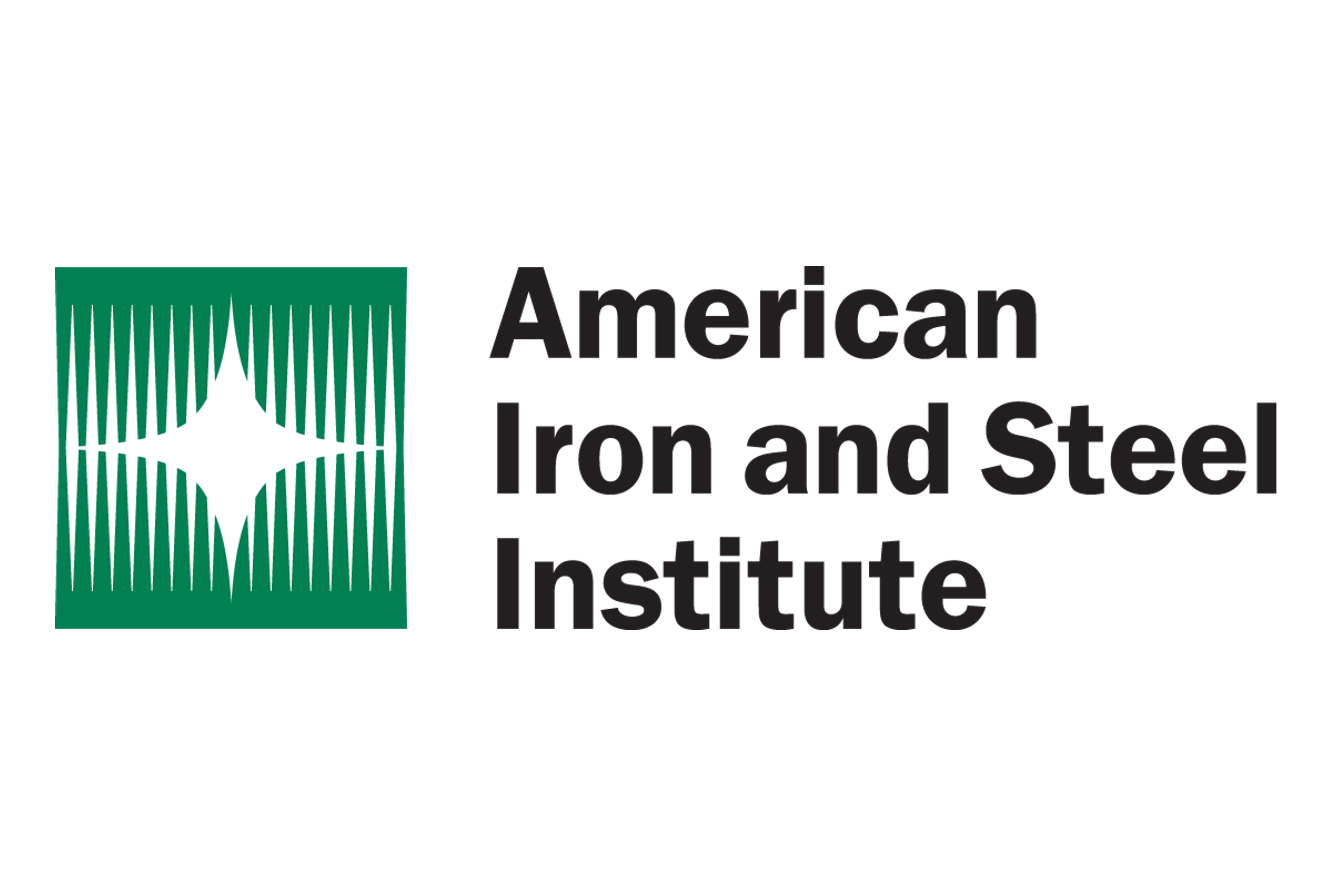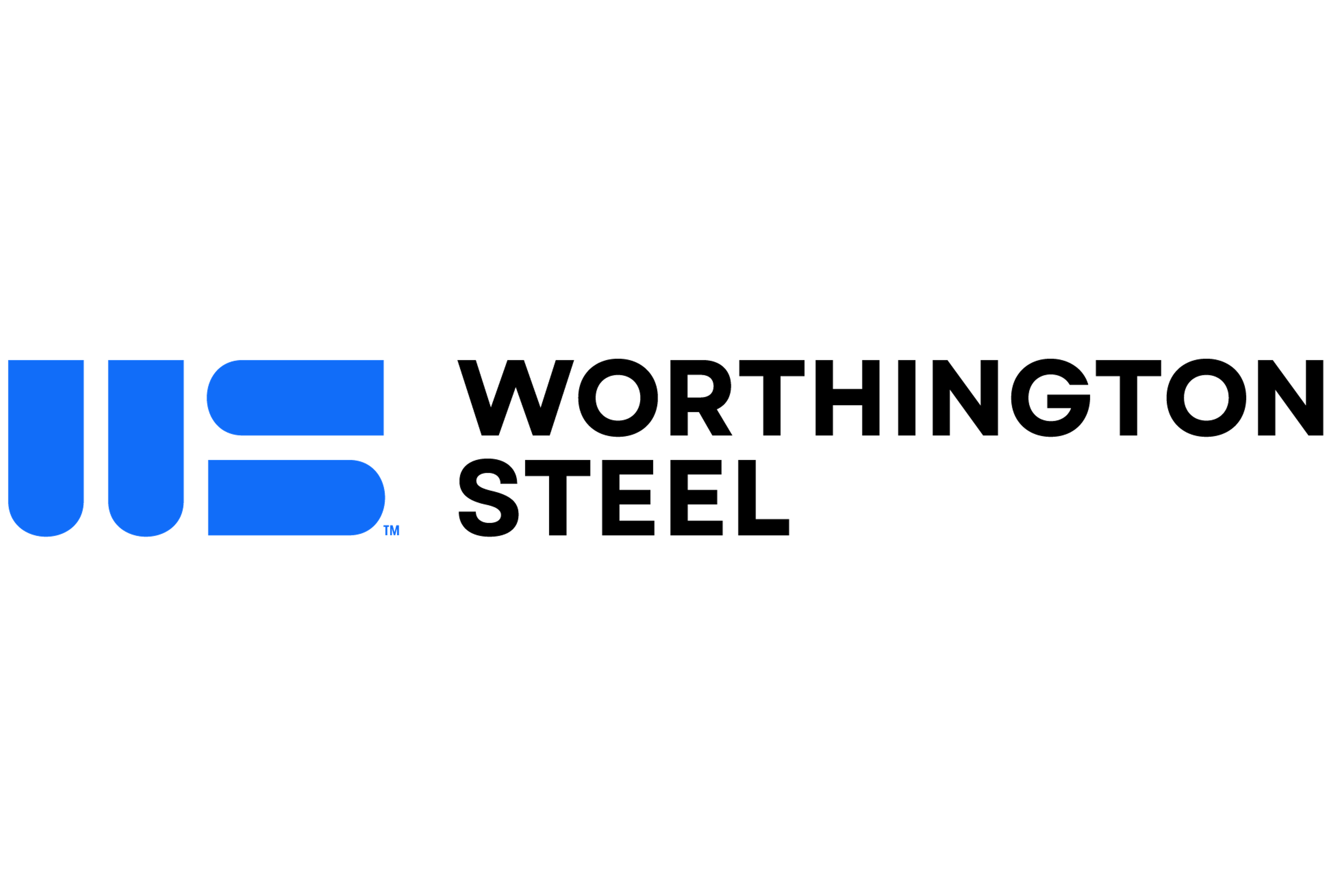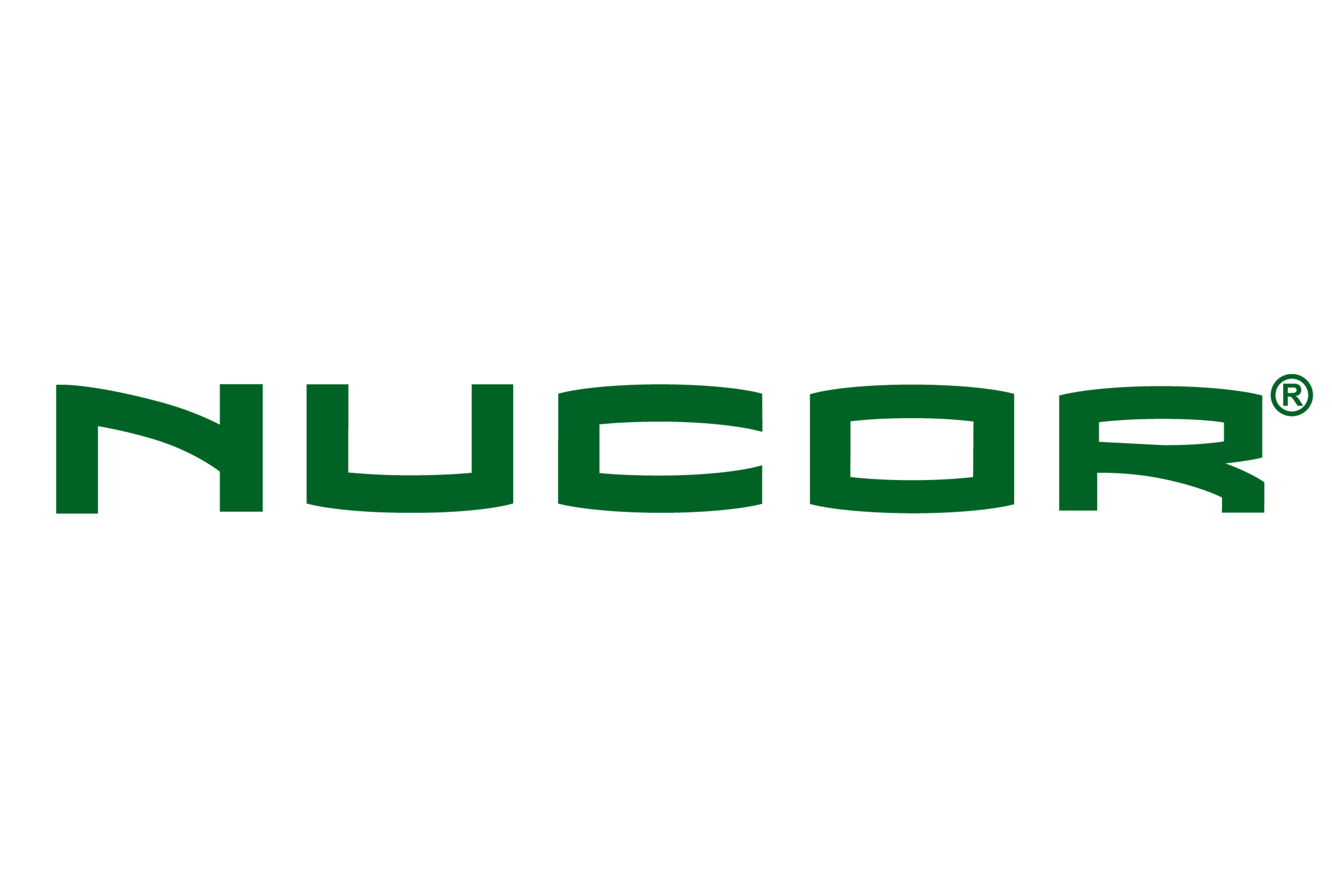Market Segment

August 14, 2015
USW & UAW Contract Negotiations to Impact Steel Industry
Written by John Packard
I was speaking with the owner of a manufacturing company late last week. He told me his company had a number of union plants and he has negotiated a number of union contracts over the past few years. “People don’t strike anymore,” he said, “unless someone puts a line in the sand and forces the issue.” He went on, “Health care, you have to come up with some viable solution.” He then told us, “The steel mills are not the issue. It is going to be auto where profits are high. What is the perspective of the union worker who gave all kind of concessions to bring the industry back? Michigan is a right to work state….”
“Sept. 7, Labor Day — Always a big day for the UAW and, in a contract year, can be the day the union picks a lead automaker for contract talks. Sept. 14: Four-year contract with GM, Ford and FCA US expires for about 140,000 hourly autoworkers. Oct. 1, 2015: Six-year contract with John Deere expires for 11,000 workers.” Detroit Free Press (article continues below)
{loadposition reserved_message}
The steel industry needs to watch the developments between ATI and the USW very carefully. It is our opinion that the ATI position regarding health care costs and the union’s need to participate in paying some of the costs for health care are the same (or similar) as those being presented to the USW union members at US Steel and ArcelorMittal USA. The stars have lined up against the union with both AM and USS at a cost disadvantage against their peers. Imports have been flooding the market, taking share from the domestic producers and forcing the domestic mills to re-evaluate all of their costs in order to be competitive. The union has to be aware, that after years of putting off the inevitable, they must now face giving back some hard fought gains.
Automotive is an entirely different story and one that may play out to be more important to the steel industry than the USS and AM contract talks. Automotive companies negotiated a two-tiered wage structure during the Great Recession. The companies have made billions in profits since then and we are looking at 2015 being close to 17 million light vehicle sale year.
It has been the automotive industry which has kept the flat rolled steel mills – especially the integrated mills – whole. Well, at least able to run. Now, with energy sector hurting from the prolonged high value of the dollar and low price for a barrel of oil, the steel industry cannot afford a strike at the auto companies.







